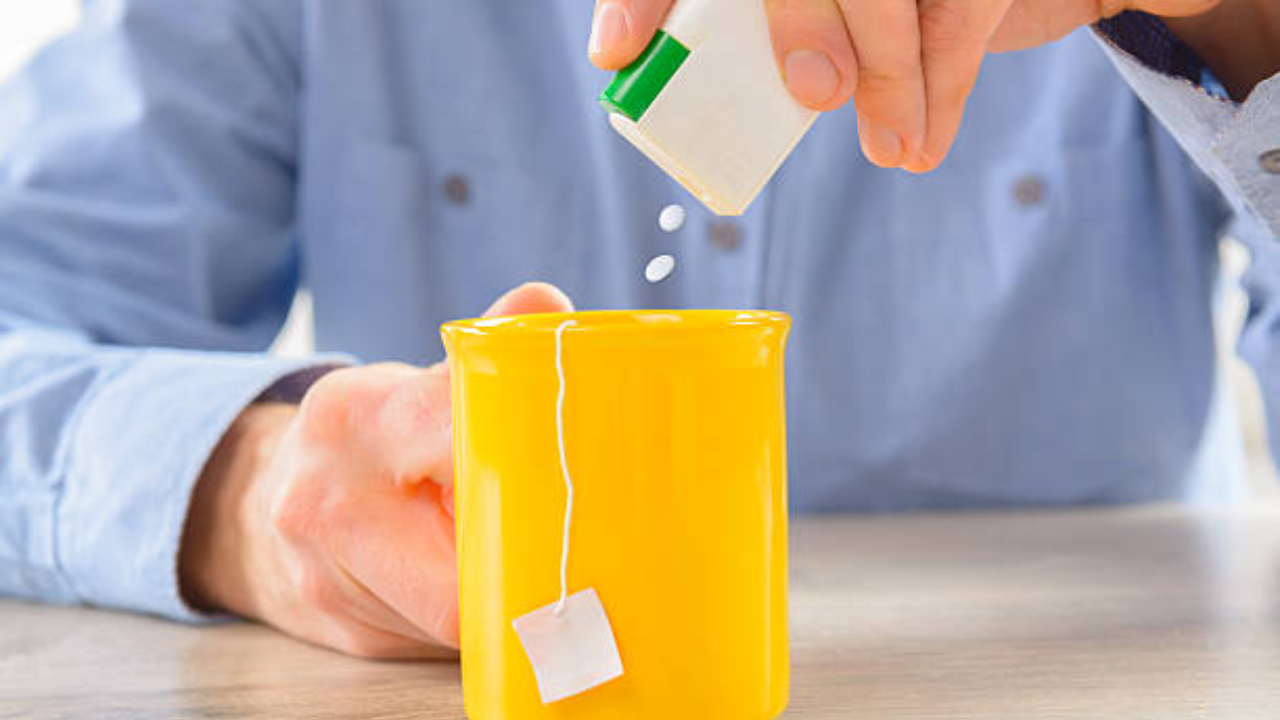WHO Warning: Sugar Substitutes and Their Health Risks | helobaba.com

Sugar substitutes like aspartame, sucralose, saccharin, and stevia are widely consumed.
But, do these work?
In May 2023, the World Health Organization (WHO) released a new guideline on non-sugar sweeteners or NSS and recommended against the use of such sugar substitutes to control body weight or reduce the risk of noncommunicable diseases.
“Replacing free sugars with NSS does not help with weight control in the long term. People need to consider other ways to reduce free sugar intake, such as consuming food with naturally occurring sugars, like fruit, or unsweetened food and beverages,” Francesco Branca, WHO Director for Nutrition and Food Safety said. “NSS are not essential dietary factors and have no nutritional value. People should reduce the sweetness of the diet altogether, starting early in life, to improve their health,” Francesco added.
Fake sugar can harm your health in these ways
While sugar substitutes offer sweetness without the calories and potential blood sugar spikes associated with regular sugar consumption, they come with their own set of drawbacks. Firstly, some studies suggest that regular consumption of artificial sweeteners may disrupt the body’s natural ability to regulate calorie intake and appetite, potentially leading to weight gain over time.
Furthermore, there are concerns about the long-term health effects of sugar substitutes. Some research suggests a possible link between artificial sweeteners and negative health outcomes such as metabolic syndrome, type 2 diabetes, cardiovascular disease, and alterations in gut microbiota composition. Additionally, certain sugar substitutes like aspartame have been associated with headaches, migraines, and other adverse reactions in sensitive individuals.
Warning signs of kidney stones you must never ignore
Moreover, the intense sweetness of sugar substitutes may perpetuate a preference for overly sweet foods, potentially contributing to a decreased appreciation for the natural taste of foods. As such, while sugar substitutes can be useful in moderation, it’s essential to consider potential risks and consume them judiciously.
Hereditary cancer: Here’s what you need to know










